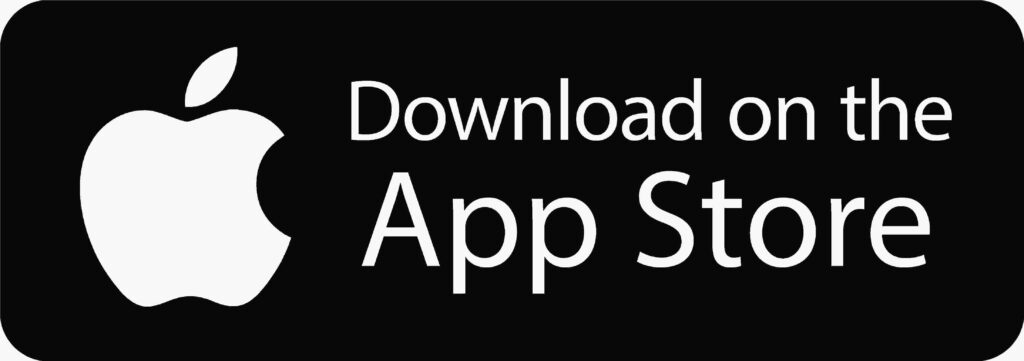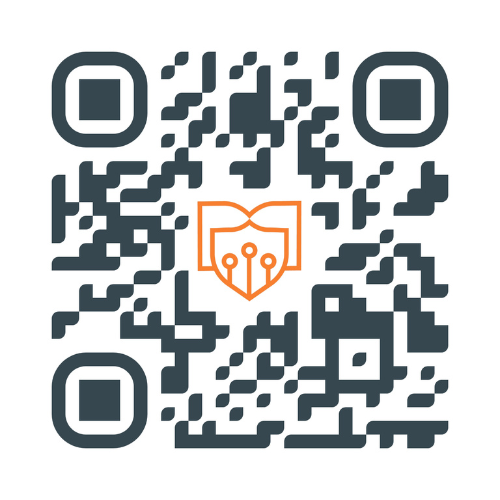In today’s digital world, cybersecurity is more important than ever. With hackers constantly evolving their techniques, organizations must be proactive in identifying and addressing vulnerabilities before they can be exploited. This is where ethical hacking comes in. Ethical hackers, also known as “white hat” hackers, play a crucial role in protecting systems by using their skills for good. If you’re interested in becoming an ethical hacker, this beginner’s guide will walk you through the essentials of the field, the skills you’ll need, and how to get started.
What Is Ethical Hacking?
Ethical hacking is the practice of legally probing systems, networks, or applications to find vulnerabilities before malicious hackers (black hat hackers) can exploit them. Ethical hackers use the same techniques as criminal hackers but do so with permission and for the purpose of improving security. Essentially, ethical hackers work to find weaknesses and help organizations patch them, keeping data and systems safe from attacks.
There are several types of ethical hackers:
- Penetration testers: These hackers simulate cyberattacks to test the strength of a system.
- Vulnerability assessors: These hackers identify and document potential security risks in a system.
- Red teamers: These hackers act as a simulated enemy force, testing an organization’s defenses and response systems.
Why Ethical Hacking Is Important
With cybercrime becoming more sophisticated, ethical hacking has become a vital part of the cybersecurity landscape. Here’s why it’s essential:
- Prevent data breaches: By identifying vulnerabilities in systems before hackers can exploit them, ethical hackers can help prevent data breaches that could lead to severe financial or reputational damage.
- Improve security measures: Ethical hackers provide valuable insights into an organization’s security posture and can recommend improvements or fixes.
- Legal and compliant: Ethical hacking ensures that security testing is done legally, with explicit consent from the system owner, and in compliance with regulations.
Key Skills for Ethical Hackers
To become an effective ethical hacker, you need to develop a set of technical and problem-solving skills. Here are some of the most important ones:
- Knowledge of Networking: Understanding networks, protocols, and how data travels across the internet is essential for identifying vulnerabilities. Familiarity with protocols like TCP/IP, HTTP, DNS, and SSL is crucial.
- Programming and Scripting: Ethical hackers need to be comfortable with coding to write scripts, automate tasks, and understand how software is built. Common programming languages used by ethical hackers include Python, JavaScript, C/C++, and PHP.
- Operating Systems: Ethical hackers need to be proficient in using various operating systems, especially Linux and Windows. Linux is widely used in the hacking community due to its flexibility and robust security tools.
- Cybersecurity Fundamentals: Understanding basic cybersecurity principles, including firewalls, encryption, malware analysis, and intrusion detection systems, is a must for any ethical hacker.
- Penetration Testing: Knowing how to conduct penetration testing (pen testing) is at the heart of ethical hacking. Pen testing simulates real-world attacks to find weaknesses in systems. Familiarity with tools like Metasploit, Burp Suite, and Wireshark is beneficial for pen testing.
- Social Engineering Awareness: Ethical hackers need to understand the human aspect of cybersecurity. Social engineering techniques (such as phishing and pretexting) often exploit human behavior rather than technology, and being able to recognize and defend against them is vital.
Tools of the Trade
Ethical hackers rely on a variety of tools to conduct their work. Some of the most popular tools include:
- Nmap: A network scanning tool that identifies open ports, services, and potential security issues.
- Metasploit: A framework used for developing and executing exploit code against a remote target machine.
- Wireshark: A network protocol analyzer that helps capture and inspect data packets.
- Burp Suite: A tool used for testing web application security, including vulnerability scanning and penetration testing.
- John the Ripper: A password cracking tool used to identify weak or poorly chosen passwords.
How to Get Started in Ethical Hacking
Now that you have an understanding of ethical hacking and the necessary skills, you may be wondering how to get started in the field. Here’s a step-by-step guide:
- Learn the Basics of Cybersecurity: Before diving into ethical hacking, it’s essential to have a strong foundation in general cybersecurity concepts. Free online resources, courses, and books are available to help you learn the basics of network security, cryptography, and system administration.
- Learn Programming: As mentioned earlier, programming is a key skill for ethical hackers. Focus on learning Python, C, or other programming languages to get comfortable with writing scripts and understanding how programs work.
- Get Hands-On Experience: The best way to learn ethical hacking is by practicing in safe, controlled environments. You can set up your own lab using virtual machines or take advantage of platforms like Hack The Box, TryHackMe, or Capture The Flag (CTF) challenges, which offer real-world scenarios for beginners.
- Take Ethical Hacking Courses: Many online platforms, including Coursera, Udemy, and Cybrary, offer specialized ethical hacking courses. These courses provide structured learning paths, hands-on labs, and practical tips that will help you build the skills needed to succeed in the field.
- Obtain Certifications: Ethical hacking certifications are a great way to validate your skills and boost your credibility. Some well-known certifications include:
- Certified Ethical Hacker (CEH): Offered by EC-Council, this certification covers the core knowledge needed for ethical hacking.
- Offensive Security Certified Professional (OSCP): A more advanced certification focusing on penetration testing and vulnerability assessment.
- CompTIA Security+: A foundational certification for general cybersecurity knowledge, ideal for beginners.
- Stay Updated and Build a Network: Cybersecurity is a rapidly evolving field. Follow blogs, podcasts, and social media accounts related to ethical hacking to stay informed about the latest threats and tools. Joining online communities and forums like Reddit’s r/netsec or attending security conferences can help you network with professionals in the field.
Conclusion
Ethical hacking is an exciting and rewarding career path for those passionate about cybersecurity and problem-solving. With the right skills, tools, and certifications, you can help protect individuals and organizations from cyber threats while building a fulfilling career. Whether you want to be a penetration tester, vulnerability assessor, or security researcher, ethical hacking offers a wide range of opportunities to grow, learn, and make a real impact in the digital world.
Are you ready to start your journey as an ethical hacker? The field is waiting for new talent to help combat the ever-evolving world of cyber threats!





